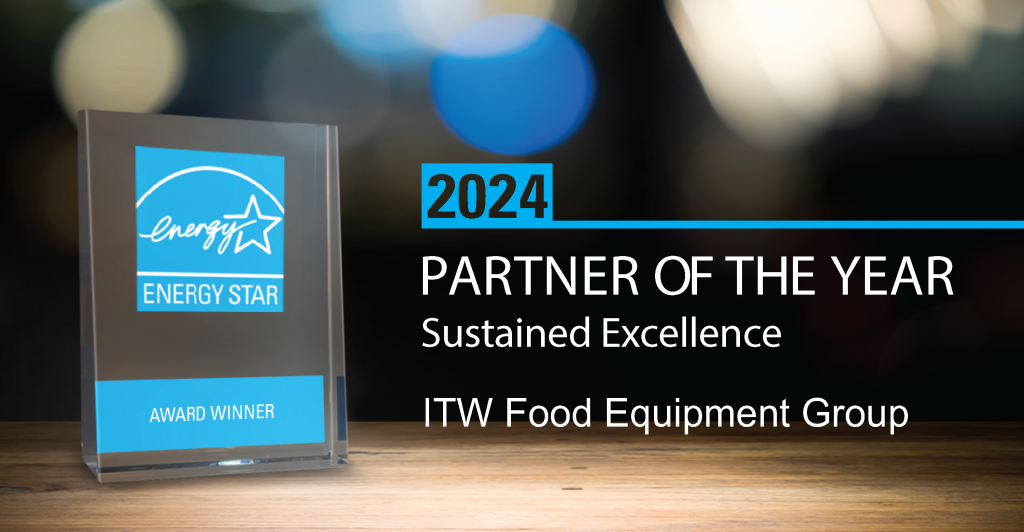
On 3 November 2021 in London, experts from across the foodservice industry met to discuss the new Environment Bill in the context of food waste and fats, oils and grease (FOG). The conference, organised by FCSI UK & Ireland and warewashing and food waste management company Meiko, hosted representatives from the Foodservice Equipment Association (FEA) and experts in foodservice, anaerobic digestion (AD) and FOG management.
Foodservice and hospitality produce 2.9m tonnes of waste per year, at a cost of £3.2bn. Its environmental impact is huge: if food waste was a country, it would be the third largest carbon emitter after the US and China. The good news is that smart waste management solutions and thoughtful kitchen design can make a fundamental difference.
Introducing the Environment Bill
The updated Environment Bill was presented to the House of Lords in October 2021. It sets out a high-level framework for the collection of waste material. Alongside its waste management mandate, one of its main principles is the reduction of unrecyclable material in the first place.
“The Environment Bill is going to be the most far-reaching piece of legislation to affect our industry,” Keith Warren, CEO of FEA, told delegates.
At present, the Bill focuses on what local authorities need to do to reduce waste. For an industry as fragmented and diverse as foodservice, a far more granular level detail will be needed to guide its implementation.
Warren identified a significant window of opportunity for the industry to impact the secondary legislation, which will refine the Bill. It will be essential to address the Bill’s limitations, including its ability to account for fragmentation, issues with kerbside collection, application to micro sites and the role of the enforcer.
The Department for Environment, Food and Rural Affairs (DEFRA) already provides a waste hierarchy to guide waste management in the UK, from prevention at the top to disposal at the bottom.
Now, the FEA calls for an industry-specific hierarchy which can account for the huge diversity of foodservice and hospitality sites to guide the implementation of Environment Bill requirements. Each stage of the hierarchy should be governed by well-defined criteria.
Waste is not inevitable
A major principle of waste management, fundamental to the Environment Bill and the FEA’s approach, is to reduce it altogether.
“There’s an idea that waste is inevitable in foodservice,” said Amy Fetzer, head of research and analysis at Footprint Intelligence. “It’s time to turn that idea on its head.”
The report Designed with waste in mind presents actionable tips for operators to do exactly that. Through thoughtful planning and metering, waste – food, packaging, energy, water and FOG – can be dramatically reduced.
“What you measure, you tend to manage,” Fetzer added. “Yet very few kitchens have metering.” Visualising waste is a powerful first step to reducing it.
The right tools
All of this is underpinned by equipment and technology.
Erik Mul, technical product manager at ACO Building Drainage, introduced the issue of FOG and the key equipment that is helping operators manage it, avoiding blocked pipes, flooded kitchens and ultimately fatbergs, a mass of waste build-up in a sewer system formed by flushed non-biodegradable solids, such as wipes and fats.
“The first port of call is prevention,” said Mul.
FOG prevention techniques fall into two categories: gravity separation, including grease traps, grease recovery units and grease separators, and biological remediation. Stakeholders including the FEA, British Water and FCSI plan to release a FOG superguide in Q1 2022, which will help operators select the best FOG management technique.
Meiko Green is the food waste solution division of Meiko. Its equipment integrates seamlessly into the kitchen workflow and helps homogenise waste for conversion to renewable energy.
“Every kitchen and facility is different,” said Mick Jary, specification manager at Meiko UK, “so the system is always bespoke.” These systems are designed to be hygienic, ergonomic, safe and reliable.
Waste to power
Anaerobic digestion (AD) enables the waste that is collected to be turned into renewable energy.
BioteCH4 is the leading AD plant operator in the UK, producing energy in the form of biogas and electricity. The leftover material – digestate – is fed back into the land, promoting the circular economy.
Commercial director Lee Dobinson (main photo) emphasized that anaerobic digestion is not the main solution to the problem of waste. “The main point is to get the material out of waste,” he said. “But for unavoidable food waste, the best thing economically and environmentally is to put it into AD.”
No time to waste
Today, the climate crisis is urgent, and it is essential to take action on carbon. Waste is a growing priority across the foodservice and hospitality industry, from operators to consumers to policymakers.
“The really important thing is to take a collaborative approach,” said Fetzer.
The updated Environment Bill provides foodservice operators with the opportunity to rethink waste, and to shape the incoming legislation that will regulate how they must manage it. The essential principle of waste management is waste reduction, and the right mindset, technology and equipment will make that possible.
Juliet Martin
Photo: Lee Dobinson – COO of Changing Waste and BioTeCH4




